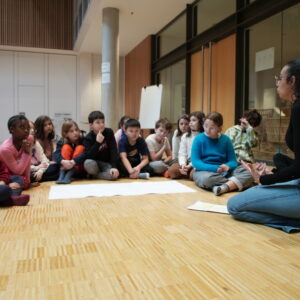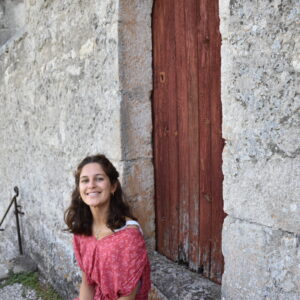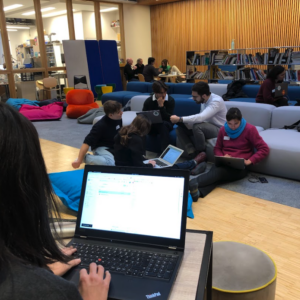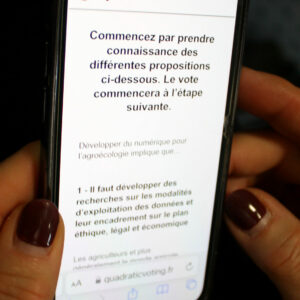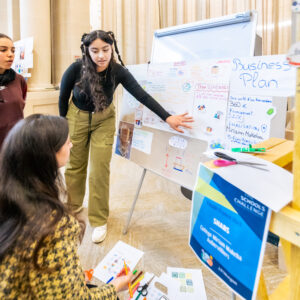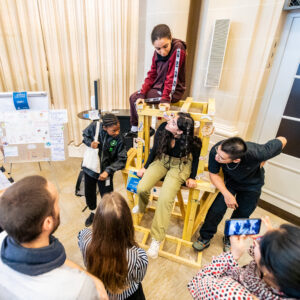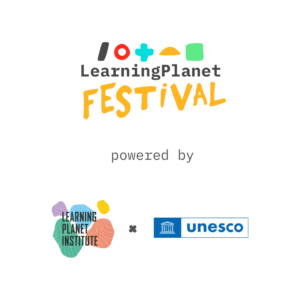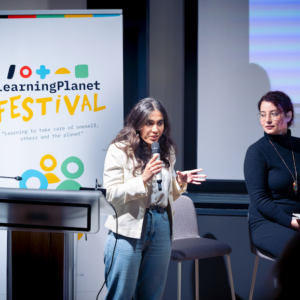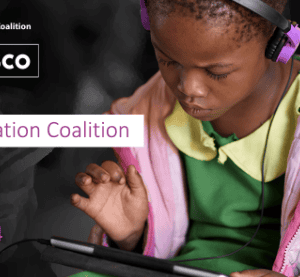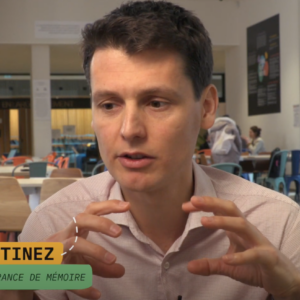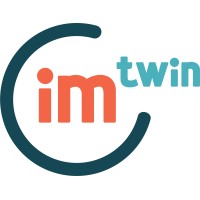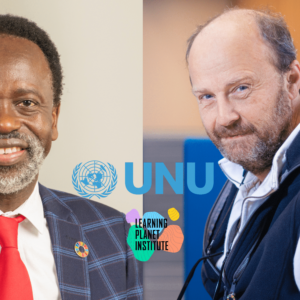The Paris Bettencourt iGEM student team presented in 2021 the Mini.Ink project: an impressive work combining sustainability, safety and social well-being in the production of enzymes.
Each year, the Genetically Engineered Machine (iGEM) Foundation, organizes an international synthetic biology competition: the iGEM Competition. Every year, nearly 6,000 team members take this opportunity to create sophisticated projects and strive to have a positive impact on their communities and the world. And for more than 10 years now, groups of undergraduate and graduate students hosted at CRI (now Learning Planet Institute) have participated in this annual worldwide competition to challenge the limits of synthetic biology.
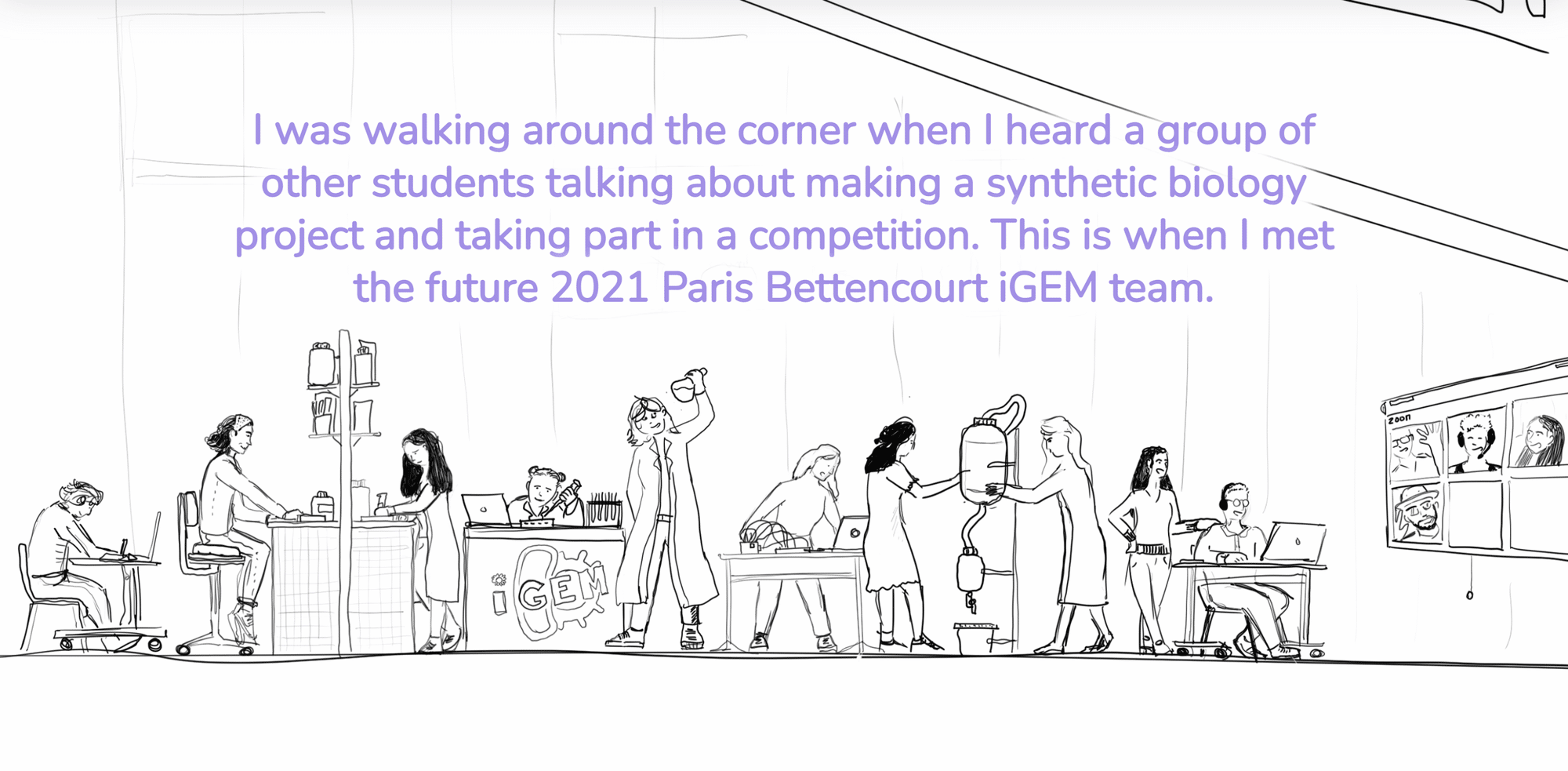
In November 2021, the Paris Bettencourt iGEM team, presented their Mini.Ink project, an impressive work combining sustainability, safety and social well-being in the production of enzymes.
We met with Daria Fedorova, team member of the 2021 Paris Bettencourt iGEM team, student in the Life Sciences track of the AIRE Master (Université de Paris) and alumni of the Frontiers of Life Sciences Bachelor degree program (Université de Paris).
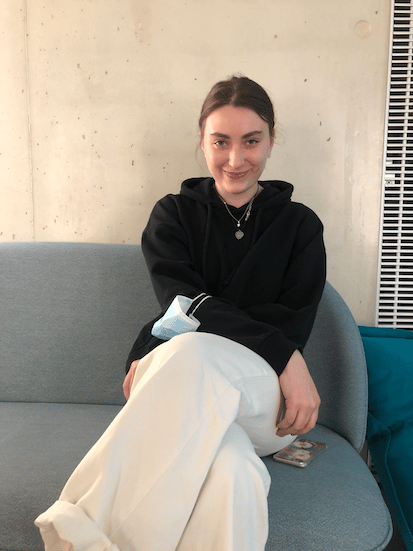
How and when did you join the team?
I did my last semester of my Bachelor at CRI, studying in the « Life Sciences for SDG (Sustainable Development Goal) » semester. The idea of this semester is to develop a project in a field of sustainable development, and synthetic biology helps in general to solve these kinds of problems. On this occasion, I talked with Ariel [Lindner, co-founder and research director of CRI] and he said I should join the 2021 iGEM team. That’s when I decided to do it.
The project
From the very beginning of the project, team members knew they wanted to tackle global industrial issues by creating a project supporting local and sustainable production methods. During the pandemic, the availability, and production of many essential items such as food, grocery, and pharmaceutical products were drastically reduced, partly because of broken international supply chains in the production of enzymes. Enzymes act “as catalysts in living organisms, regulating the rate at which chemical reactions proceed without itself being altered in the process” [1] and they are an essential resource in many types of industries.
“Enzymes are an invaluable resource in production. They significantly reduce the environmental impact of many processes while improving the yield, safety and quality of the products (textile, dairy, detergents…). Which is why the market for enzyme production is a fast-growing one. [2] (…) This results in the production of enzymes to be mainly done through international supply chains, creating a strong and inevitable dependence on international shipping.” from 2021 Paris Bettencourt Team website
Unsurprisingly, the reduced production and distribution of enzymes in the industry had a positive impact on biodiversity and life quality of inhabitants of industrial areas. In focusing their project on finding a more local, environmentally safe and socially caring solution for the production of enzymes, the team aimed at “ensuring the resilience of the supply chain and transport reduction, but still safely even without benefitting from the procedures implemented in big production units”. (2021 Paris Bettencourt Team website)
Looking for new methods in the production of enzymes, they heard about “minicells” – cells containing no chromosomal DNA, unable to grow or divide, and mostly used experimentally as “clone vectors” [3]. In their research, they found that these minicells are not considered living organisms nor GMOs, that they can be easily biocontained, and that they allow to lower energy cost in the production process. And there they saw a fantastic opportunity to offer feasible solutions to the problem they identified.
Could you pitch your project?
We work with minicells in order to propose a new sustainable way of biosafe and local production of indigo molecules. We engineer bacterias to produce “baby copies” of themselves. Minicells don’t contain any chromosomal DNA, however they contain all the machinery of the cell, so they can express any proteine we want them to express with plasmids.
Why minicells?
Minicells are not that much known in the scientific community, so we also wanted to make a scientific contribution by characterizing minicells better. We decided to work with them and to find new crazy applications for them. One of them was the production of indigo pigment.
Did you have a specific role in the project?
I did some wet lab work – it’s the lab part of the project. You do experiments on the bench, you work with bacteria, etc.
Communicate the project to the general public
An important aspect of the iGEM competition is the scientific communication: how to present their work to the general public as well as to the scientific community? In order to make their project understandable to everyone, the Paris Bettencourt iGEM team worked a lot on the storytelling and found a smart graphic design for their website (take a look at their website!).
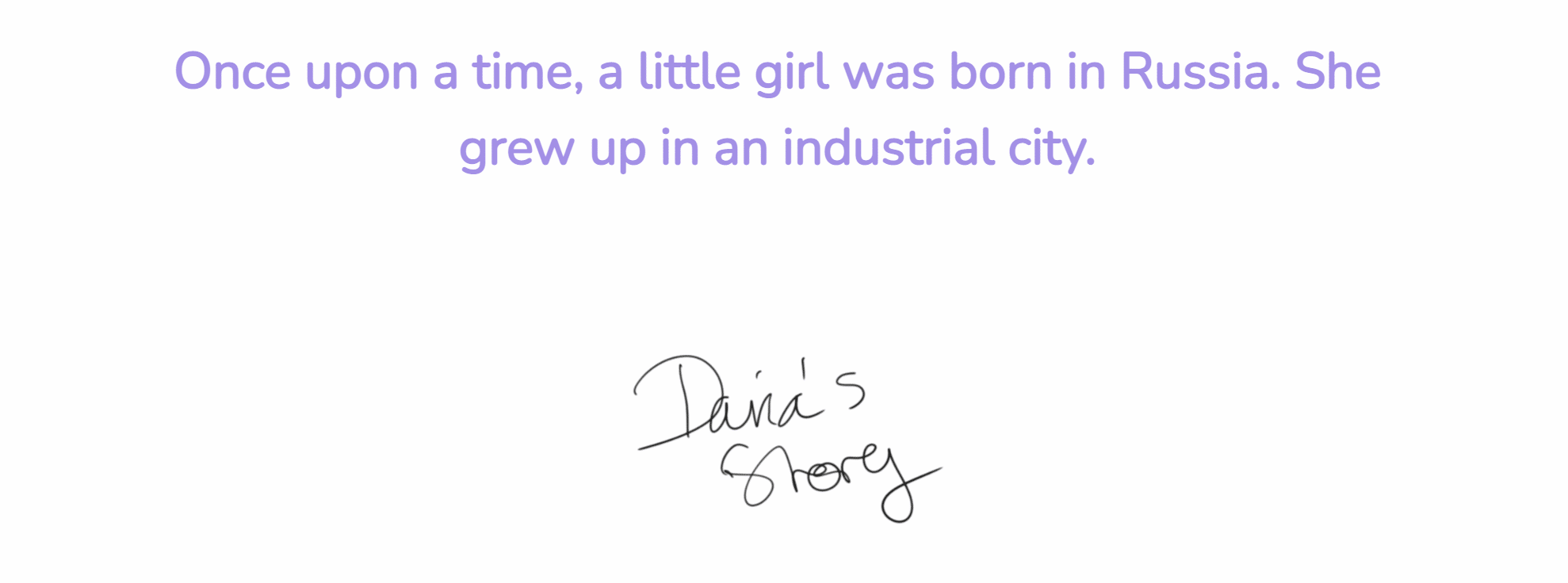
The story of this little girl growing up in an industrial city and witnessing the effects of mass production on her environment, presented on the website’s project, is indeed great storytelling. How much of it is true?
It’s a 100% true! I always wanted to do a project in the field of sustainable development and it was exactly what the rest of the team wanted to do. We talked a lot about it and we thought that [to present] my story was the best way to storytell the project and to reflect our values.
Born and raised in a Russian industrial city, Daria witnessed from an early age the disastrous effects of the intensive chemical manufacturing of big industrial facilities: explosions, burned lands, destruction of the local environment, etc. Later on, and through her studies in synthetic biology at CRI, she worked – and still is working – towards creating a more resilient and biosafe future.
A successful project
Their hard work notably resulted in the development of a new hardware, a bioreactor, the « minicell-machine ». The machine and the method used in the project could have many different applications in the industry.
Did you win any awards?
We won the Best Manufacturing Project Award! I think it was more for the general idea of implementing local and biosafe little-mini-factories instead of big-scary facilities. And this was the message of our project. I think that the fact we won this award means that iGEM shares this value with us. This is very cool and it means a lot.
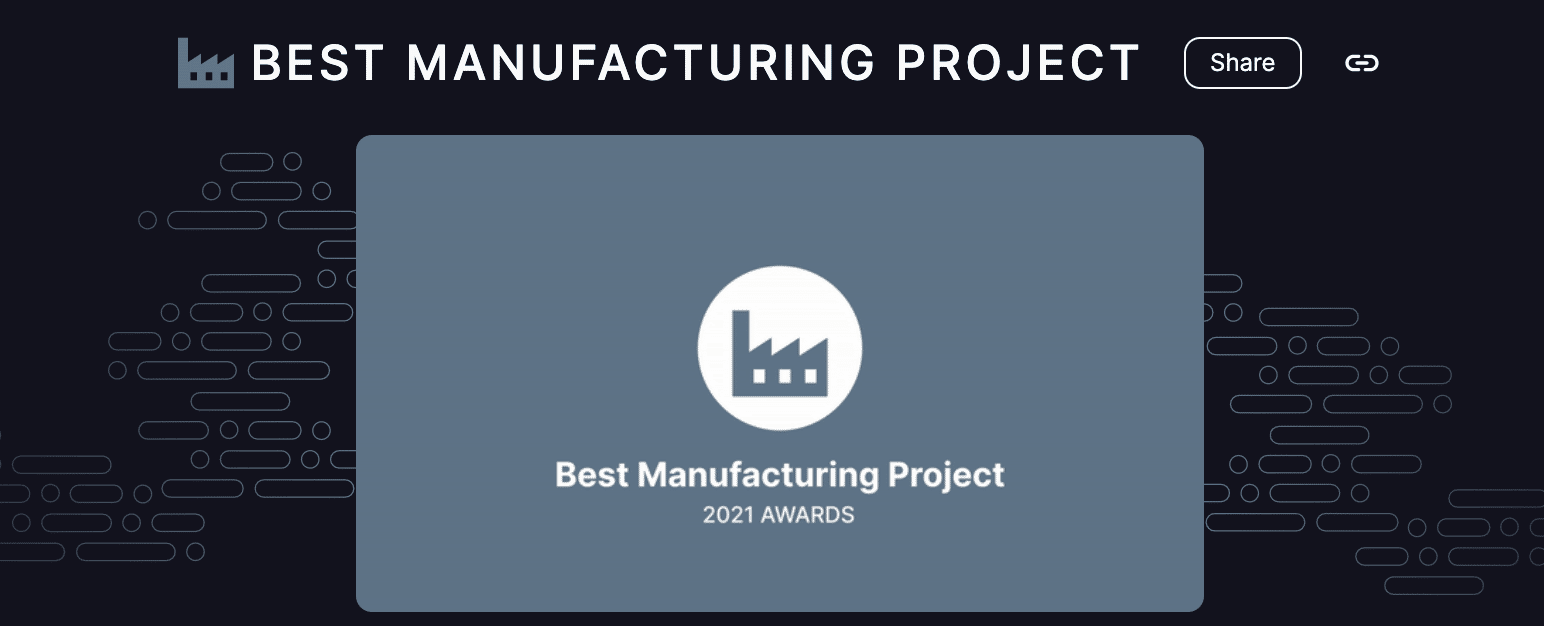
NB: the iGEM Paris Bettencourt Team also won a gold medal for both their scientific achievements and their teamwork; a team gold medal means that they managed to meet every criterias defined by the iGEM Competition.
Beyond the scientific skills development
During the entire competition, team members develop scientific skills, gathering and analyzing scientific information, choosing safe lab work and adapting protocols, manipulating, etc. Moreover, they implemented scientific communication, project planning and administration (teams have to meet various deadlines and requirements throughout the season), fundraising, international networking, team work and team communication. The competition, with its project-based approach, aims at developing and revealing as much scientific and practical skills as soft skills.
How was this experience? How was the teamwork?
When you’re a student, you usually have someone telling you what to do and how. In this project we had to find a way to be a group of young adults able to do a real project on their own. It’s been a little bit difficult sometimes but I think our team was very good at it. You need to have a very good organization, and you need to talk a lot and to have very good communication between team members. And for us it worked!
Celebrating sciences and students’ teams
The iGEM Competition is an intense challenge for all teams, they work both inside and outside their scientific domain. To celebrate the end of the competition, iGEM organizes a Giant Jamboree, an event gathering teams and projects to showcase the great innovative solutions of the season. This year, the event was held online, but CRI’s iGEM team invited several international teams to join them in person and celebrate the Jamboree together, connecting digitally with other local points of celebrations. A great moment to share and to network!
Anything else you want to add?
I’m also a team member of the 2022 team! This year our project aims at building programmable and cybernetic bacterial communities to investigate multicellularity and find applications in living materials. Our 2022 iGEM Paris Bettencourt team includes motivated bachelor’s and master’s students with backgrounds in biology, chemistry, design and engineering. We are still looking for new members. Join the team! igem2022@cri-paris.org
Thanks to Daria for her time and her enthousiasm!
[1] « enzyme » definition in biochemistry, Britannica.com: https://www.britannica.com/science/enzyme
[2] Kumar, A., Luthra, S., Mangla, S. K., & Kazançoğlu, Y. (2020). COVID-19 impact on sustainable production and operations management. Sustainable Operations and Computers, 1, 1–7.
[3] « minicell » definition, Oxford Reference: https://www.oxfordreference.com/view/10.1093/oi/authority.20110803100159776

